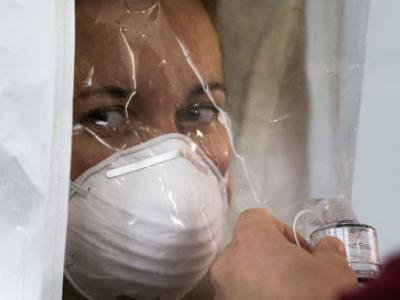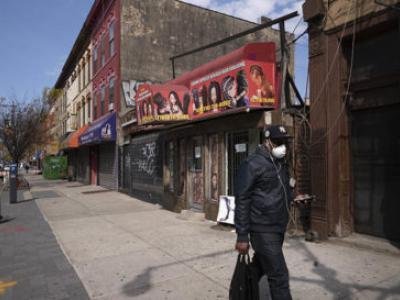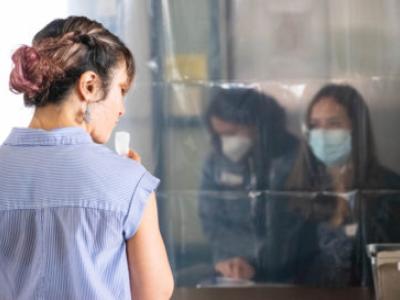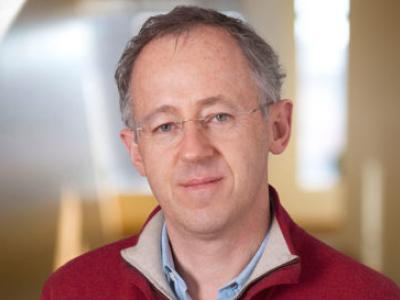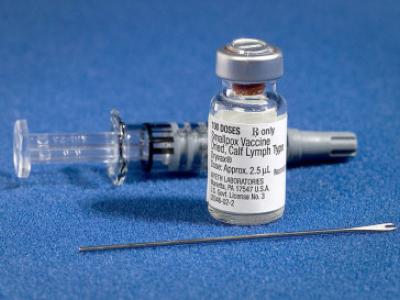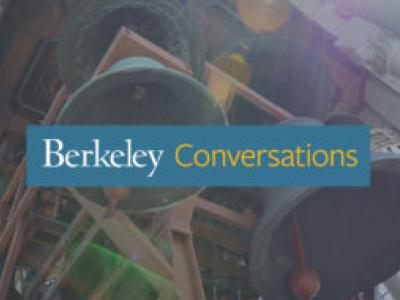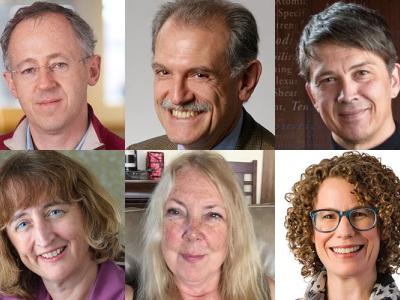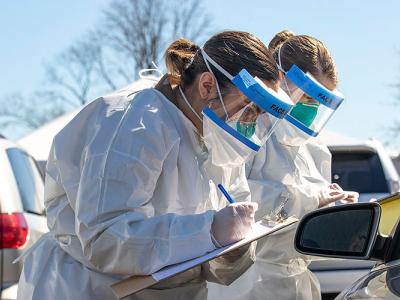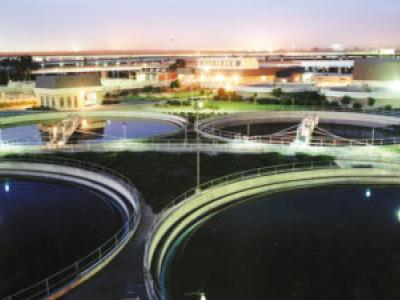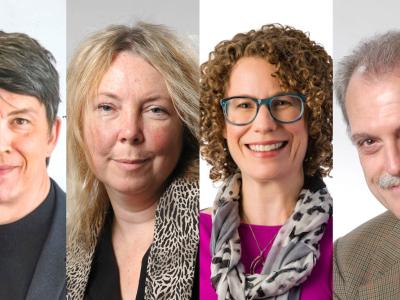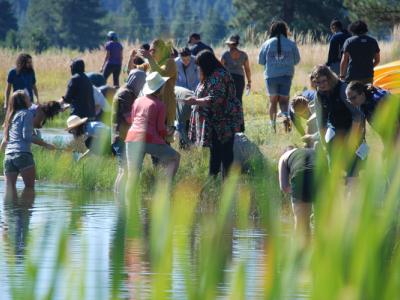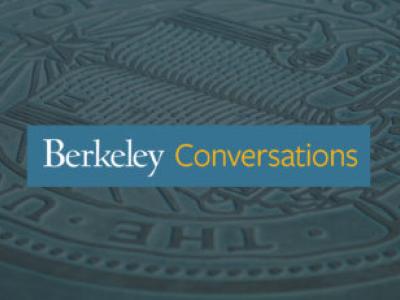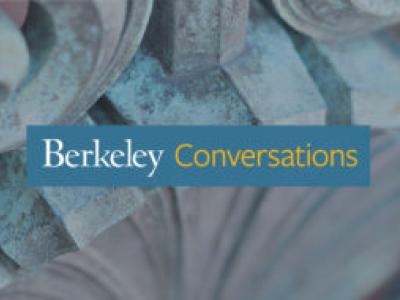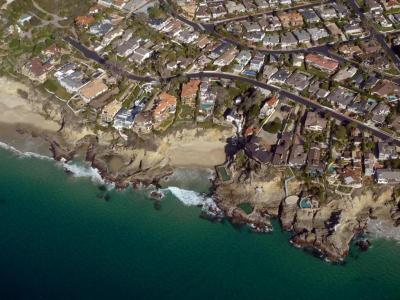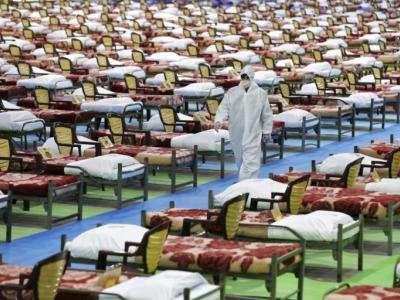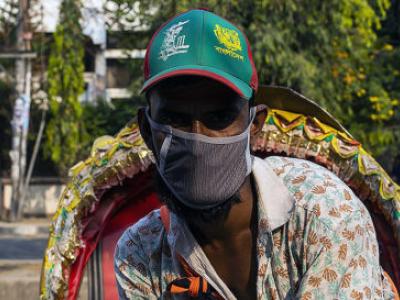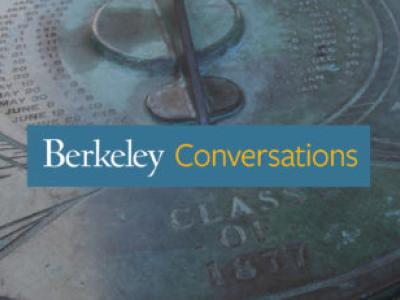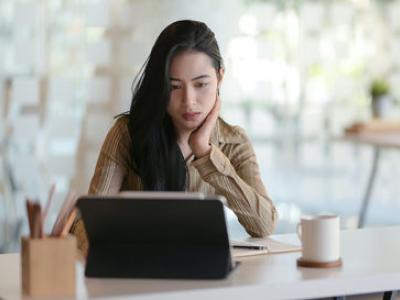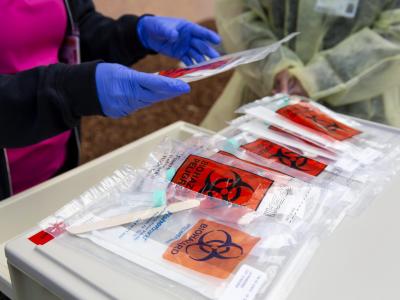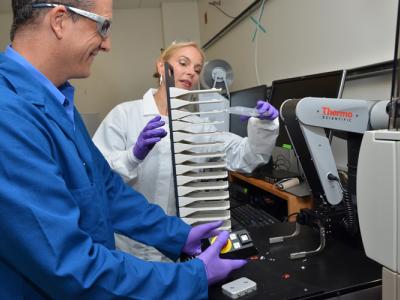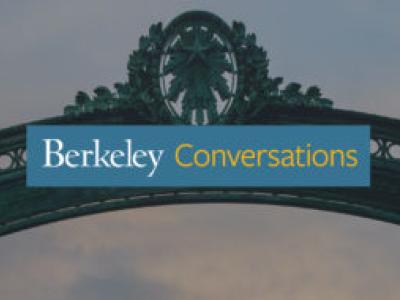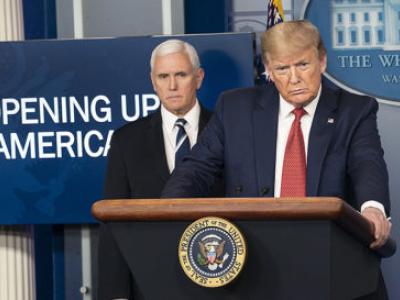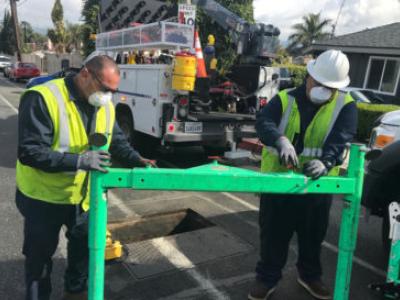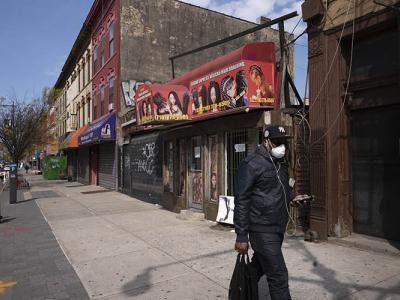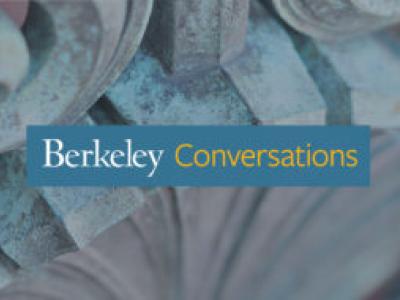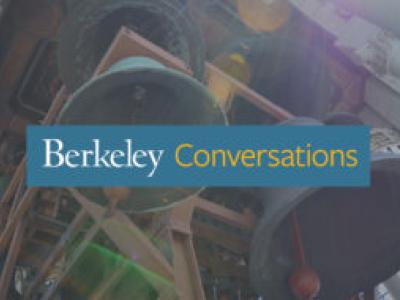In the latest New York Times dispatch about the COVID-19 experience in California by students at Berkeley's Graduate School of Journalism, Max Brimelow, Julie Chang, Pedro Cota, Kristen Hwang and Alex Matthews write about new COVID-19 testing initiatives "led by health experts at California's top public and private universities," including a couple of Berkeley projects. They write: "The university health experts leading these efforts said they acted to fill a void. Eva Harris, an infectious disease specialist at the University of California, Berkeley, said that watching the virus spread around the world while bickering government leaders hesitated to act was like witnessing the Titanic speeding toward the iceberg. 'We finally just said, "OK, it hit," and still nothing happened, so we need to get involved,' she said. ... One of the most aggressive efforts currently underway to examine the extent of infection in homeless encampments is being led by the Innovative Genomics Institute, a biochemistry lab at the University of California, Berkeley, best known for its work at the forefront of the CRISPR gene-editing process, and Lifelong Medical Care, a community health center also based in Berkeley. The two have begun expanding testing to low-income and homeless populations in Alameda County. ... 'If we can't help the vulnerable, what are we doing?' asked Fyodor Urnov, the institute's scientific director for technology and translation. Not far from Dr. Urnov's office on the Berkeley campus, two professors in the School of Public Health have teamed up for a different kind of study. Dr. Harris, the infectious disease expert, and Lisa Barcellos, a genetic epidemiologist, are investigating the infection's spread throughout the Bay Area. ... They are testing thousands of residents to look for the presence of active Covid-19 virus as well as antibodies in the blood. This could reveal patients who were exposed but never showed symptoms, and it could also shed light on how widespread the disease truly is in California."

